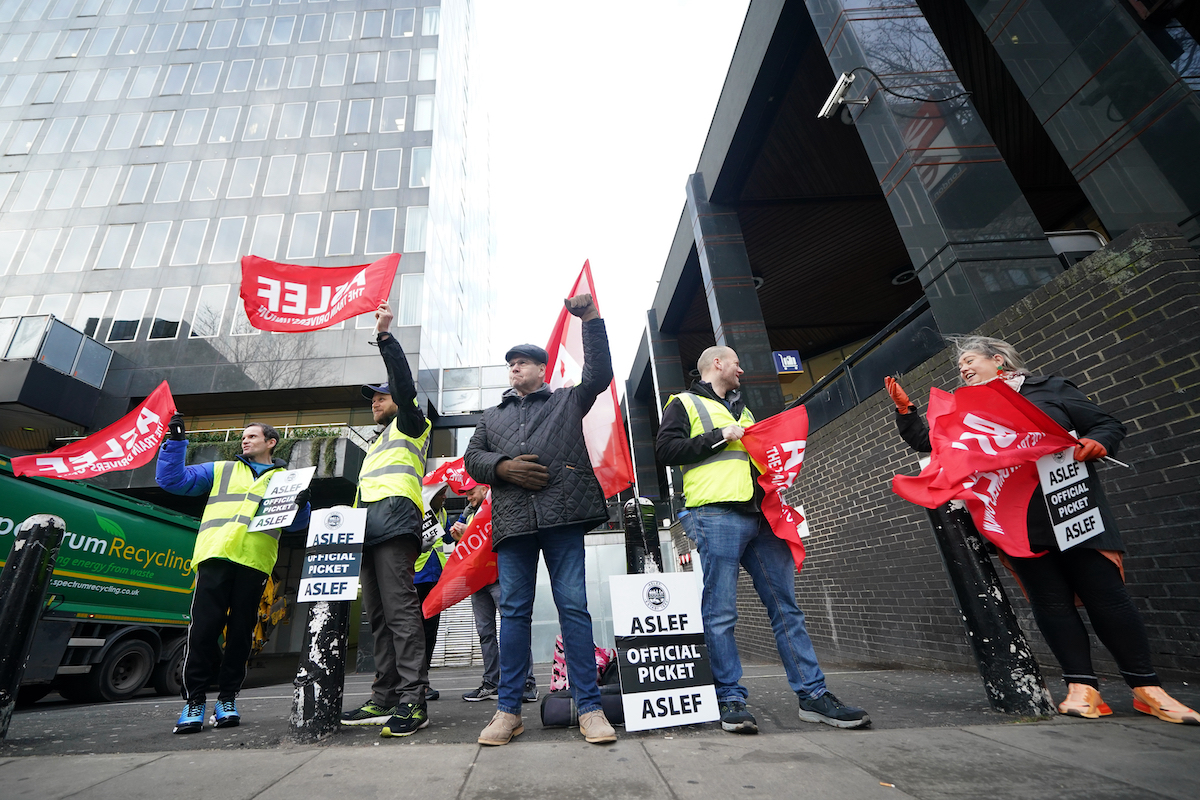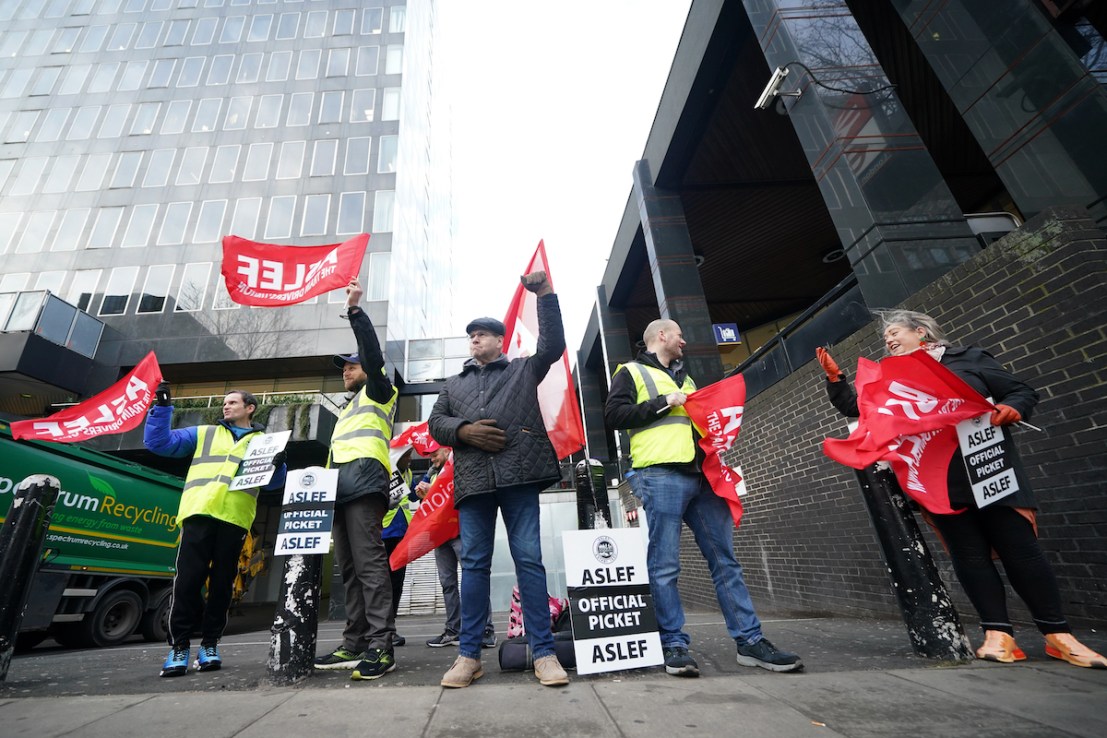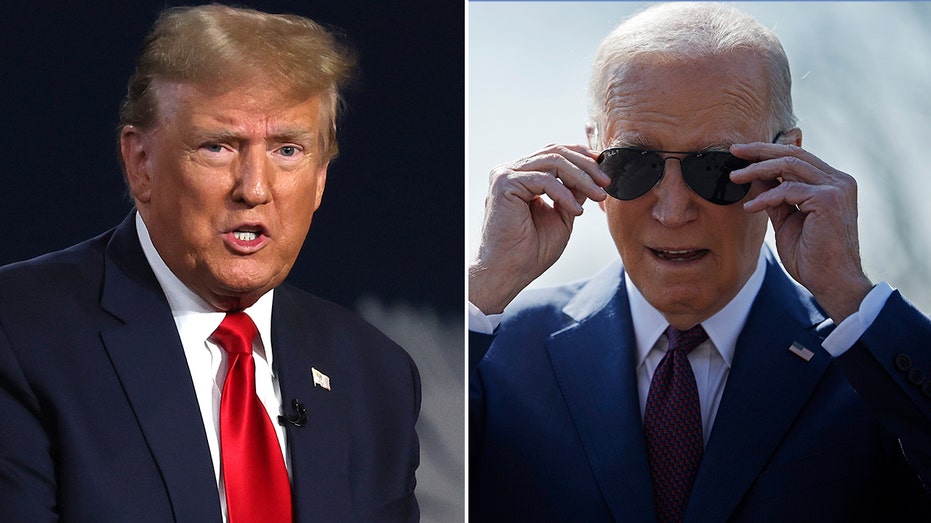Train drivers accept pay deal to end two years of UK rail strikes
Train drivers on Wednesday voted to accept a new pay deal, bringing to an end a two-year industrial dispute over pay and conditions.


Train drivers have voted to accept a pay offer that will bring to an end more than two years of industrial action on Britain’s railways.
The Aslef union, which represents around 20,000 members, said it had accepted a five per cent backdated pay rise for 2022-23, 4.75 per cent for 2023-24, and 4.5 per cent for 2024-25. The three-year deal is worth around £9,000 to most drivers and will lift their average salaries to £73,000.
Aslef members voted by 96 per cent in favour of the deal, with a turnout of 84 per cent. The new offer also means there will be no changes to working conditions, a key part of the dispute between unions and rail companies.
General secretary Mick Whelan said: “It was not a fight we sought, or wanted. All we sought after five years without a pay rise, working for private companies who, throughout that period, declared millions of pounds in profits and dividends to shareholders, was a dent in the cost of living.”
Transport Secretary Louise Haigh said: “After two years of chaos on our railways under the Conservatives, this is an important step towards fixing our railways and getting the country moving again.
“It will ensure a more reliable service by helping to protect passengers from national strikes, and crucially, it clears the way for vital reform – including modernising outdated working practices – to ensure a better performing railway for everyone.
Aslef in April rejected an offer of an eight per cent pay rise from the Rail Delivery Group (RDG), the body which represents train operators. That deal included a number of changes to working conditions.
Unions had given positive signals following the election, after Labour unveiled plans to bring train operator’s under public ownership. Talks had broken down under the Conservative administration, with no meetings between Aslef and former rail minister Huw Merriman since January 2023.
However, the new government’s sweetened relationship has drawn questions over whether it is paving the way for more industrial action in future.
Shadow transport secretary Helen Whately said: “It is no surprise that this pay deal was voted through. It’s an inflation-busting pay rise with ‘no strings attached’ for reforms or improvements to services for passengers, and it will do nothing to prevent strikes in future.”
“The government has failed to take responsibility – they don’t want to do the hard work of negotiating a fair, affordable settlement. Easier just to say yes to the unions and have taxpayers pick up the bill.”
An end to more than two-years of disruption brought relief to business groups across the country. The hospitality and retail sector’s have been among the worst impacted, with lower footfall to pubs and restaurants and reduced spending in shops.
Overall, more than £1bn has been knocked off the UK economy in the last two years as a result of action from the RMT, Aslef and the TSSA.
“Hospitality businesses will be breathing a huge sigh of relief at the news that ASLEF members have voted to end the union’s national pay dispute,” Kate Nicholls, chief executive of UKHospitality, said.
“The strikes have been enormously disruptive over the past two and a half years, with businesses estimated to have lost out on £3.5bn in sales as a result. It’s also cost workers who have not been able to make it for shifts and impacted families who have had to cancel plans.”
Members of the RMT, which represents signalling staff, voted last November to accept a backdated pay rise of five per cent, effectively ending their involvement in the railway dispute.



